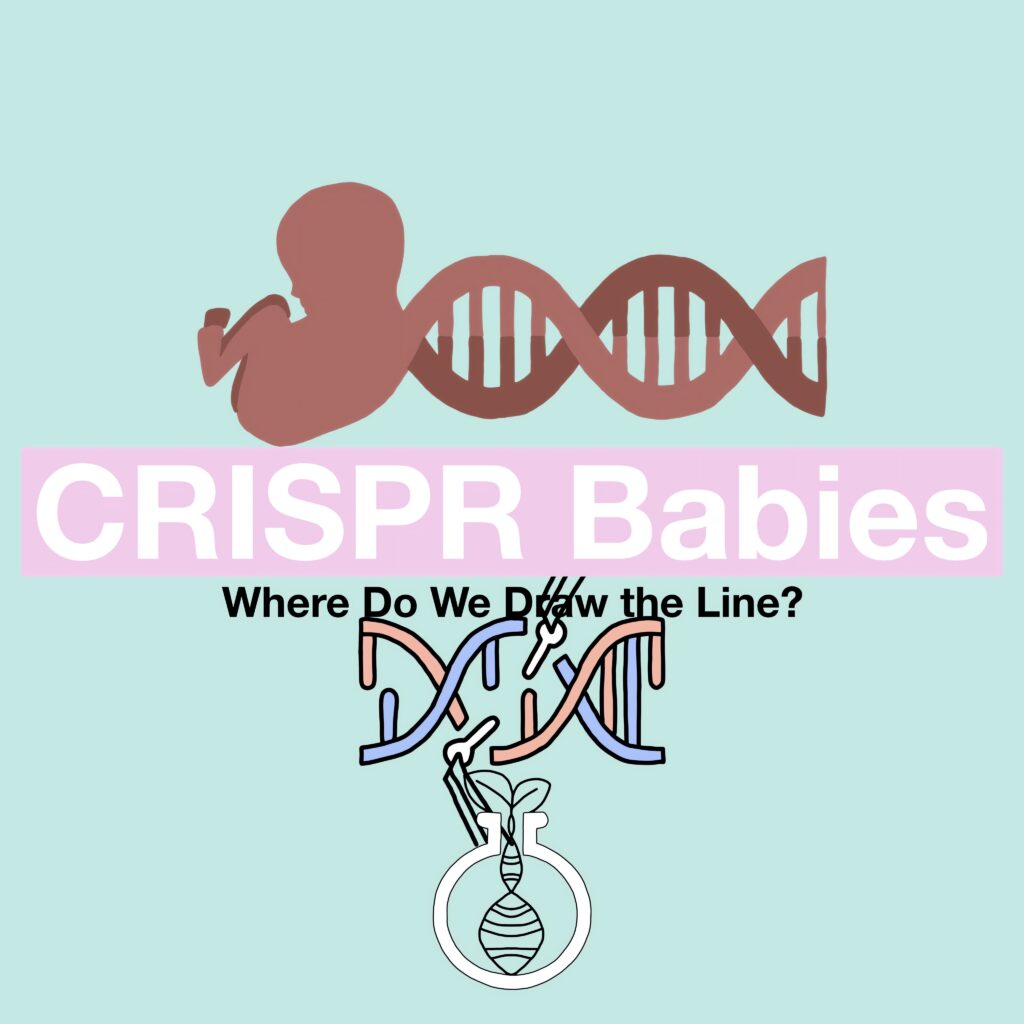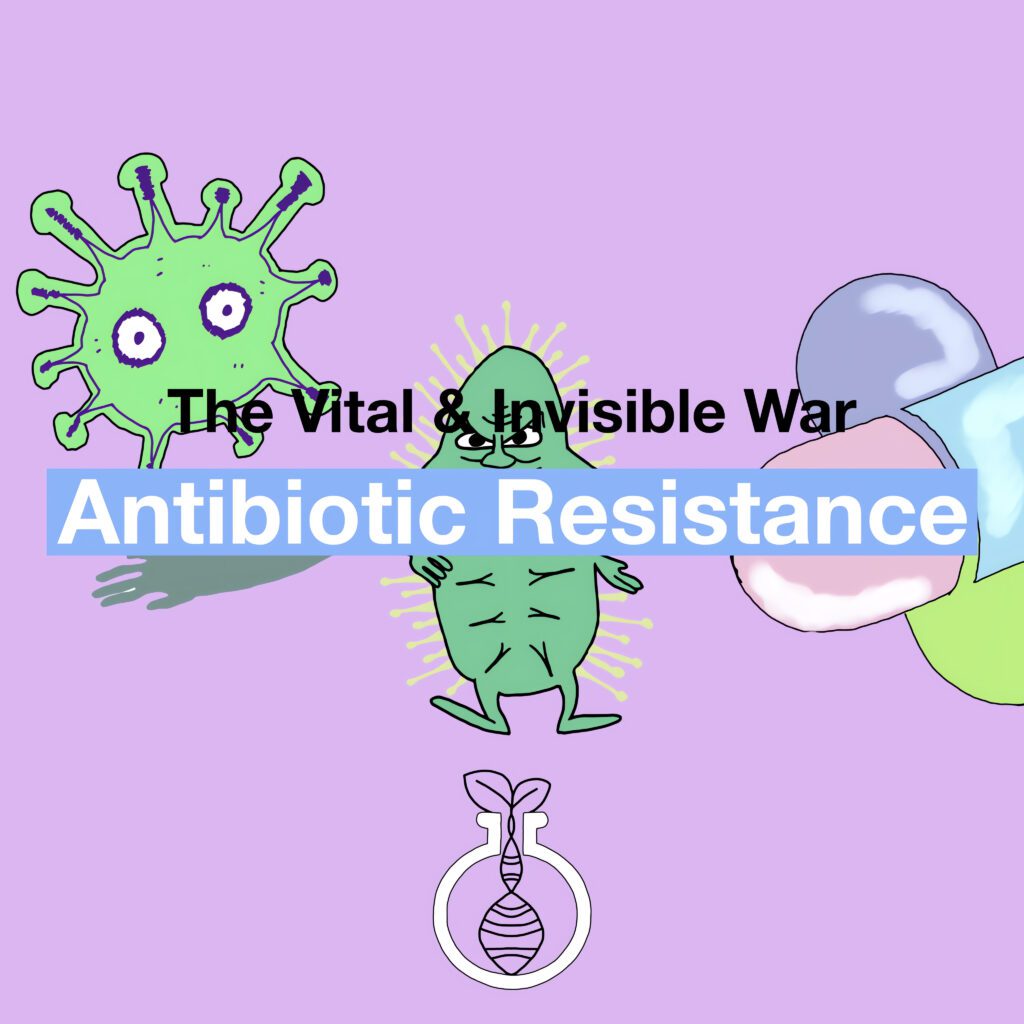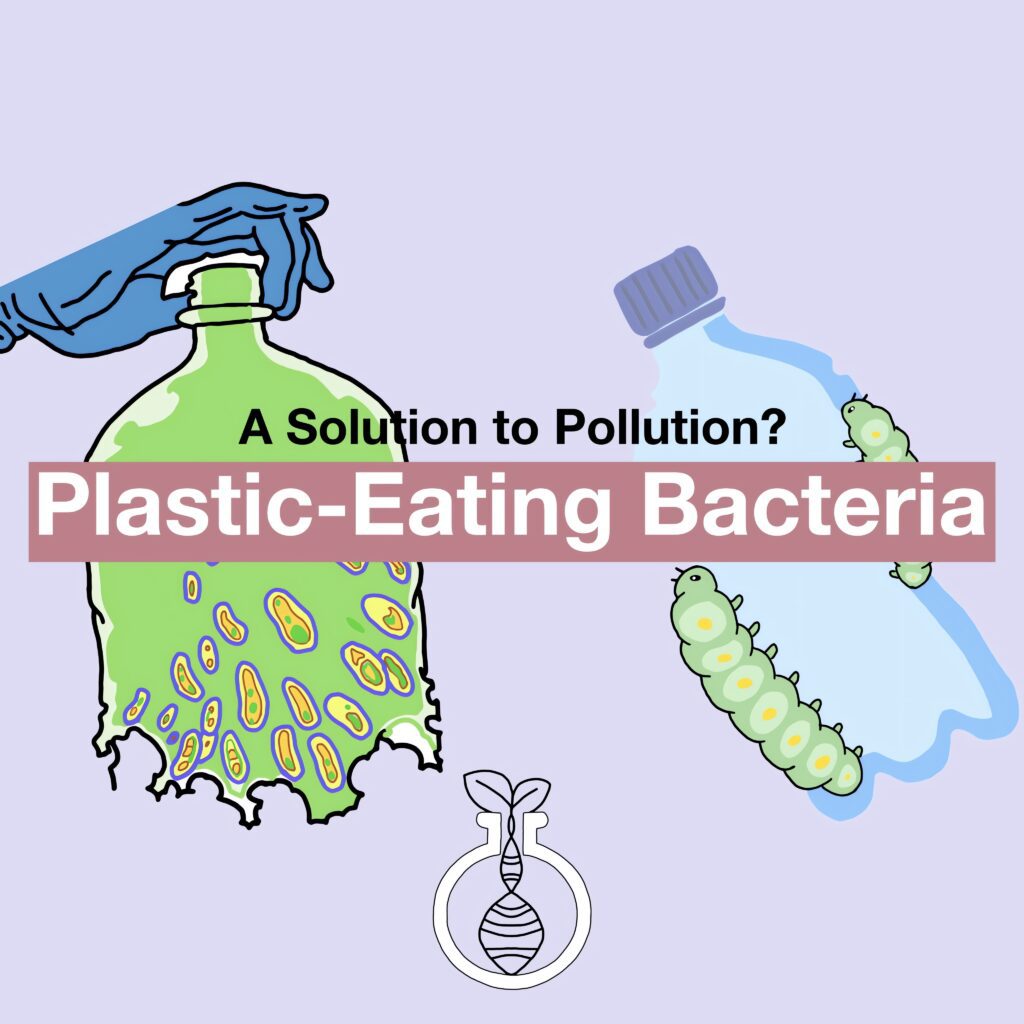Imagine having the power to rewrite the code of life—to edit the very DNA that defines who we are, what we look like, and even how long we live. This might sound like the plot of a sci-fi movie, but with CRISPR, this extraordinary power has become a reality. And nowhere is this more controversial than with CRISPR-edited babies. Are we standing on the brink of an ethical breakthrough, or are we teetering on the edge of a slippery slope?
Before diving into this article, you can read and explore the CRISPR-Cas9 revolution deeply through here!
The Birth of CRISPR Babies: A Controversial Milestone
In 2018, the world was rocked by the announcement that Chinese scientist He Jiankui had used CRISPR technology to edit the genomes of twin girls, making them the first-ever CRISPR babies. The goal? To give the girls resistance to HIV. While the scientific achievement was monumental, it was met with immediate backlash. The experiment raised profound ethical questions: Should we be editing human embryos? Are we ready for the responsibility that comes with rewriting the genetic future of humanity?
CRISPR (short for Clustered Regularly Interspaced Short Palindromic Repeats) acts like molecular scissors, cutting DNA at specific points to insert or delete genetic material. It’s a powerful tool that has already transformed medical research, and it holds the potential to cure genetic diseases like cystic fibrosis and sickle cell anemia. But when it comes to editing human embryos—before life has even begun—the stakes become much higher.
To learn more about the science behind CRISPR and how it works, you can read my other article on CRISPR, where I dive deep into the mechanics of this groundbreaking tool.
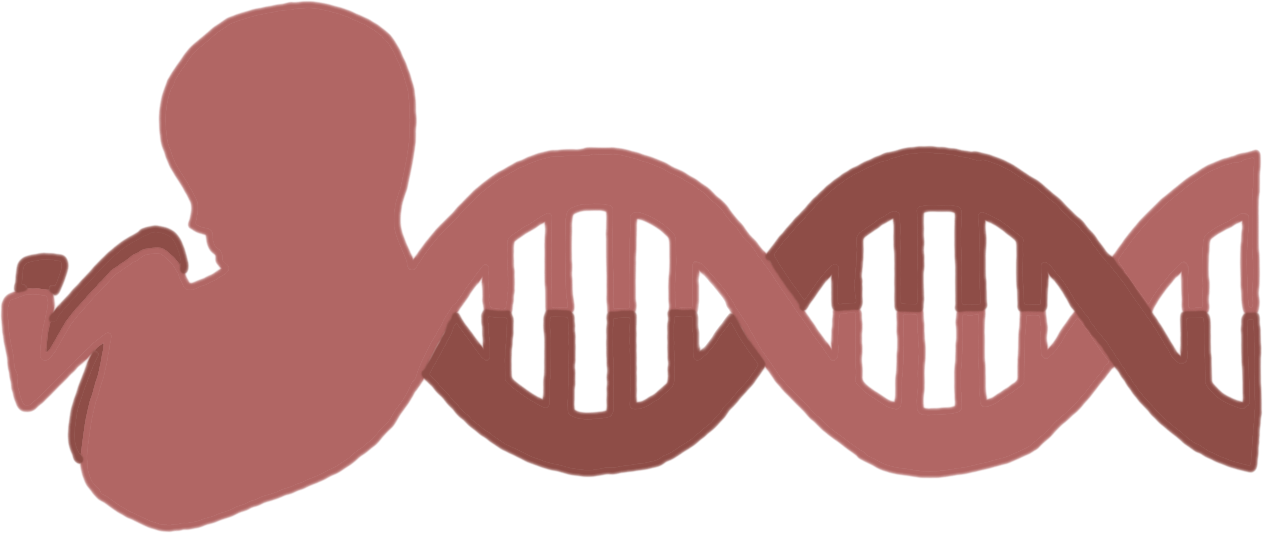
The Ethical Dilemma: Is There a Line We Shouldn’t Cross?
The case of the CRISPR-edited twins ignited a fierce global debate. On one hand, the technology could be used to prevent devastating genetic disorders, offering parents the chance to spare their children from diseases passed down through generations. But on the other hand, altering the DNA of an embryo means that changes can be passed down to future generations, making the impact potentially permanent and far-reaching.
The ethical concerns revolve around several key questions:
Should we edit human embryos at all?
While curing disease is a noble goal, the risk of unintended consequences is very real. Editing one gene might lead to unexpected changes elsewhere in the genome.
Where do we draw the line?
Once we start editing genes to prevent diseases, what’s stopping us from editing for traits like intelligence, physical appearance, or even personality?
Who gets to decide?
If CRISPR editing becomes common practice, will it only be accessible to the wealthy, leading to a future where genetic enhancements create even greater societal divides?
The Potential: What Could Be Achieved with CRISPR Babies?
While the ethical concerns are enormous, the potential for CRISPR technology to reshape human reproduction is undeniable. Here are some examples of what could theoretically be achieved:
Eliminating Genetic Diseases
Parents with a family history of genetic disorders like Huntington’s disease, Tay-Sachs, or muscular dystrophy could use CRISPR to ensure their children are born free from these conditions.
Enhancing Immunity
Just as He Jiankui attempted to make the CRISPR twins immune to HIV, future CRISPR babies could be engineered to resist a range of diseases, from cancer to heart disease.
Optimizing Human Traits
Beyond health, CRISPR could allow parents to select for physical traits such as height, eye color, or even metabolism. Theoretically, parents could choose to have children with sharper intelligence, stronger athletic ability, or enhanced memory.
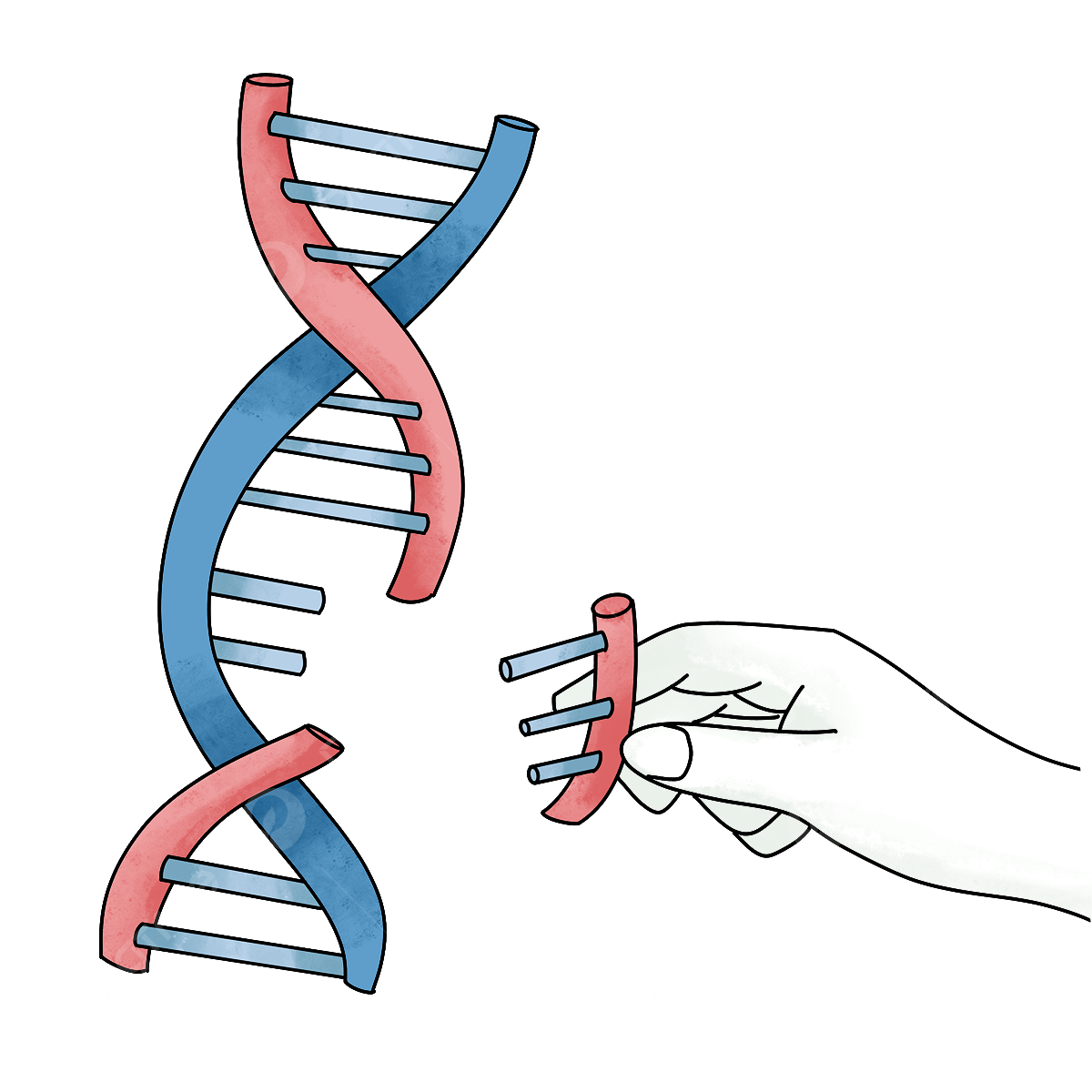
While these possibilities sound incredible, they come with significant moral and societal consequences. What would a world look like where some children are genetically optimized while others are not? Could this lead to new forms of discrimination or even a genetic underclass?
The Gattaca Parallel: Science Fiction Meets Reality
If you’re intrigued by the potential—and dangers—of a world shaped by genetic selection, I highly recommend watching the film Gattaca. Set in a future where genetic engineering determines your social status, Gattaca explores the ethical dilemmas and human consequences of a world driven by genetic perfection. It’s a thought-provoking look at the very issues we’re facing today with CRISPR technology.
Where Do We Go From Here?
CRISPR babies represent both a thrilling possibility and a deep ethical quandary. The technology’s ability to reshape human reproduction offers hope for curing genetic diseases and improving health outcomes, but it also raises critical questions about the kind of world we want to create.
As we move forward, we must ask ourselves: Are we ready to take control of our genetic future? And if we are, where should we draw the line? The debate over CRISPR babies isn’t just about science—it’s about the values that will define the next generation of humanity.

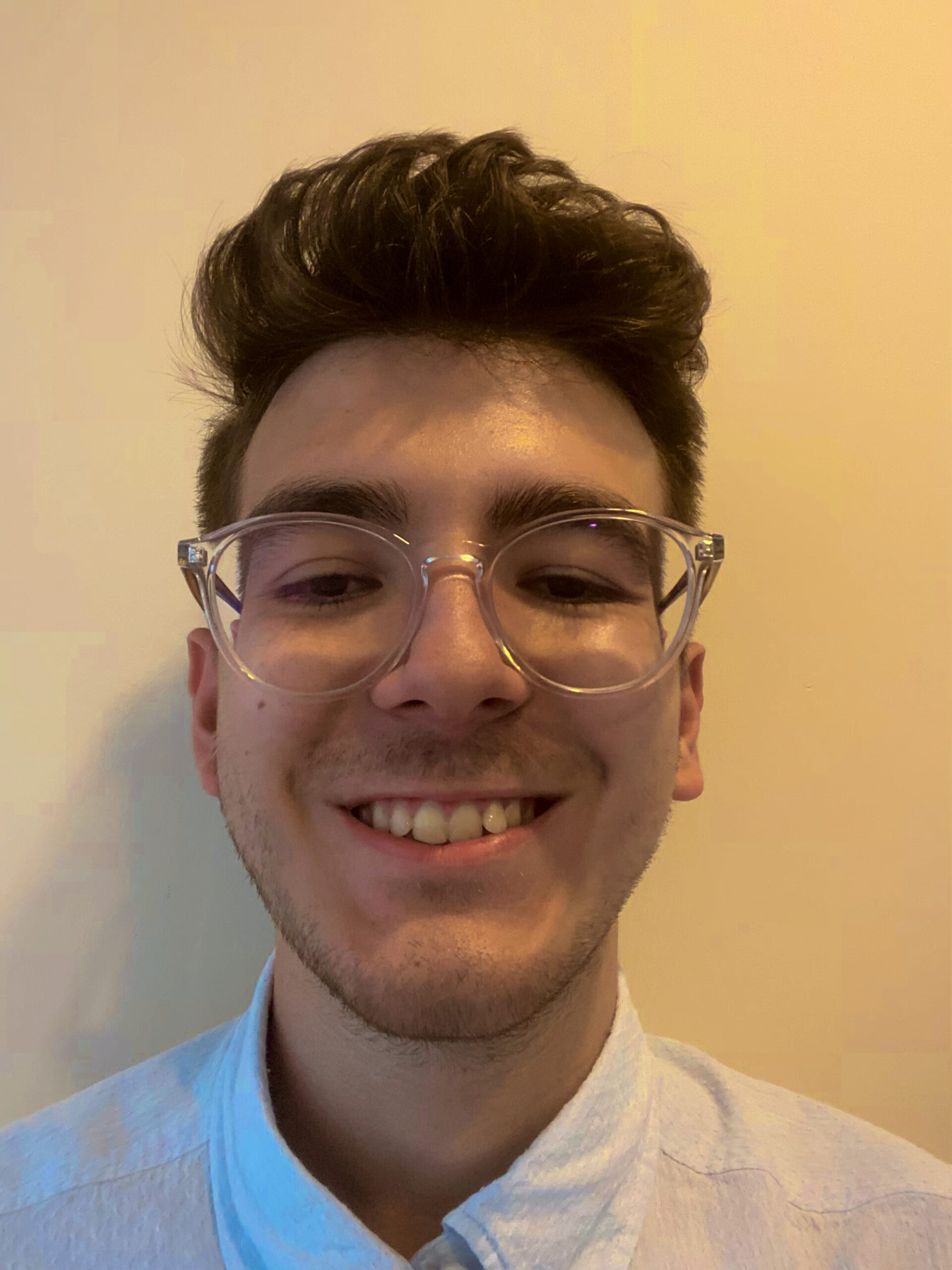
My name is Ali Emre Cabadak, a dedicated biology enthusiast currently pursuing my studies at Marmara University, where I am majoring in Bioengineering. As a passionate advocate for scientific discovery and innovation, I am the founder of Biologyto. My goal is to bring the wonders of biology closer to everyone and inspire a new generation of thinkers and innovators. Through Biologyto, I aim to write scientific articles that delve into the fascinating world of biology, sharing insights and discoveries that inspire curiosity and innovation.

